Moonlit Migrations
Zooplankton in the Arctic Ocean migrate by the light of the moon.



A new technology levitates cells and probes them with sound to determine if they’re cancerous.

Disarming, rather than killing harmful gut microbes outright could preserve beneficial gut flora.
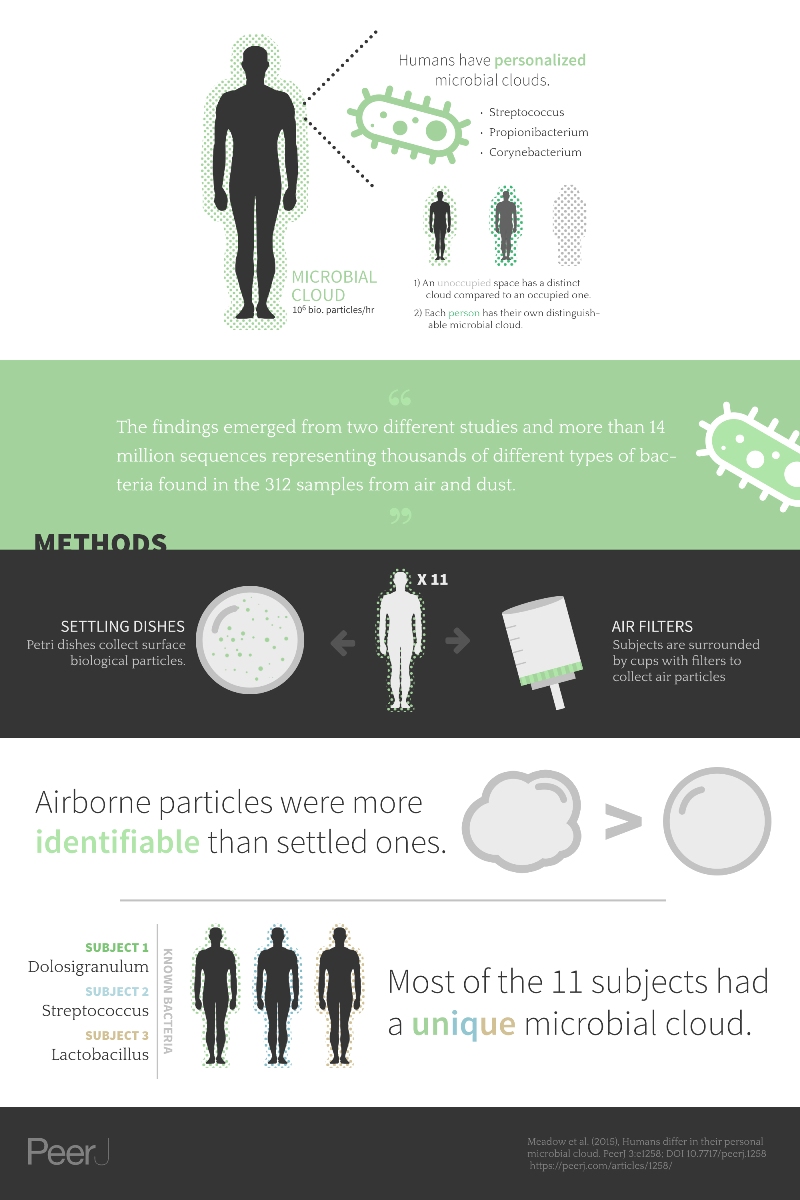
Cells in the immune system follow chemical “breadcrumbs” to find their way to an infection site.
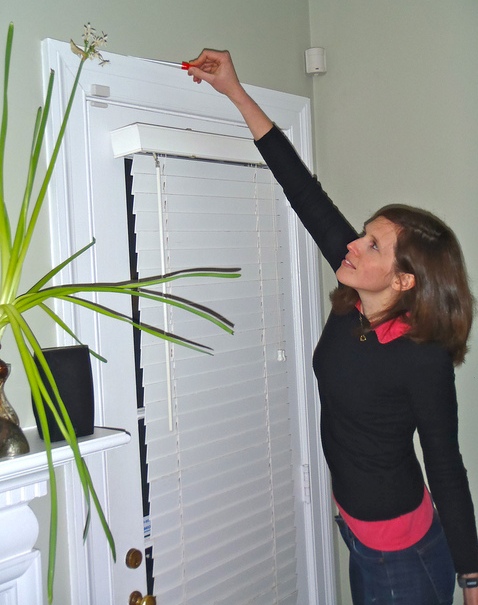
The microbes in your household dust can reveal information about your home’s location, who lives there, and even your pets.
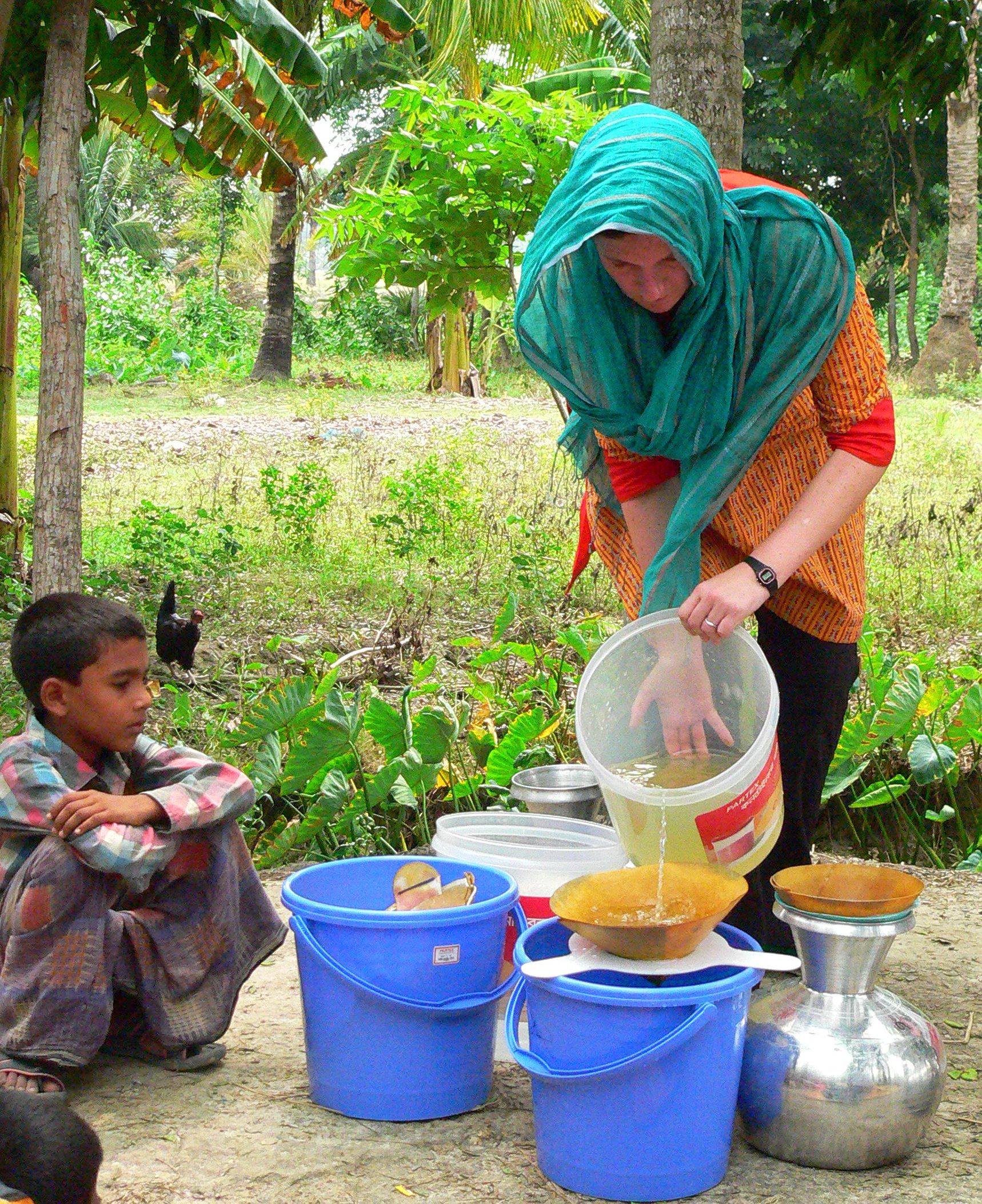
A book that purifies water could help reduce waterborne illnesses in developing countries.
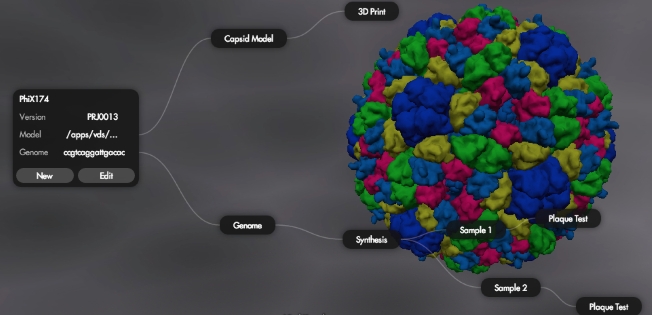
Computer-based design software could speed the creation of cancer-fighting viruses.

Splicing internal clock genes from one species of bacteria into another could lead to a novel way of delivering drugs at specific times of day.
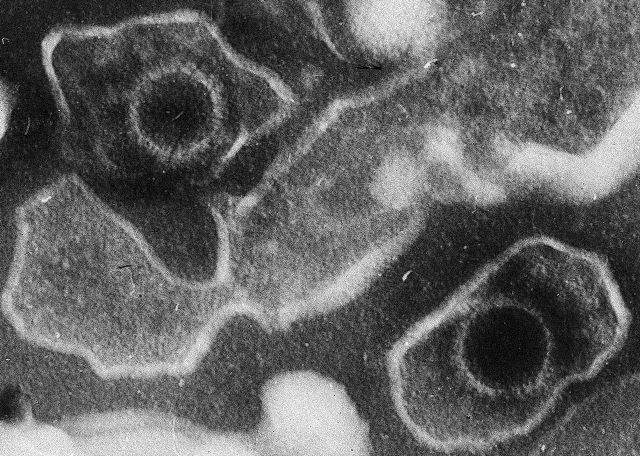
A new diagnostic test identifies a patient’s entire viral history with just a pinprick of blood.


Cuba is a global leader in cancer vaccine development, and normalizing of relations between the U.S. and Cuba could lead to new partnerships between scientists in the two countries.
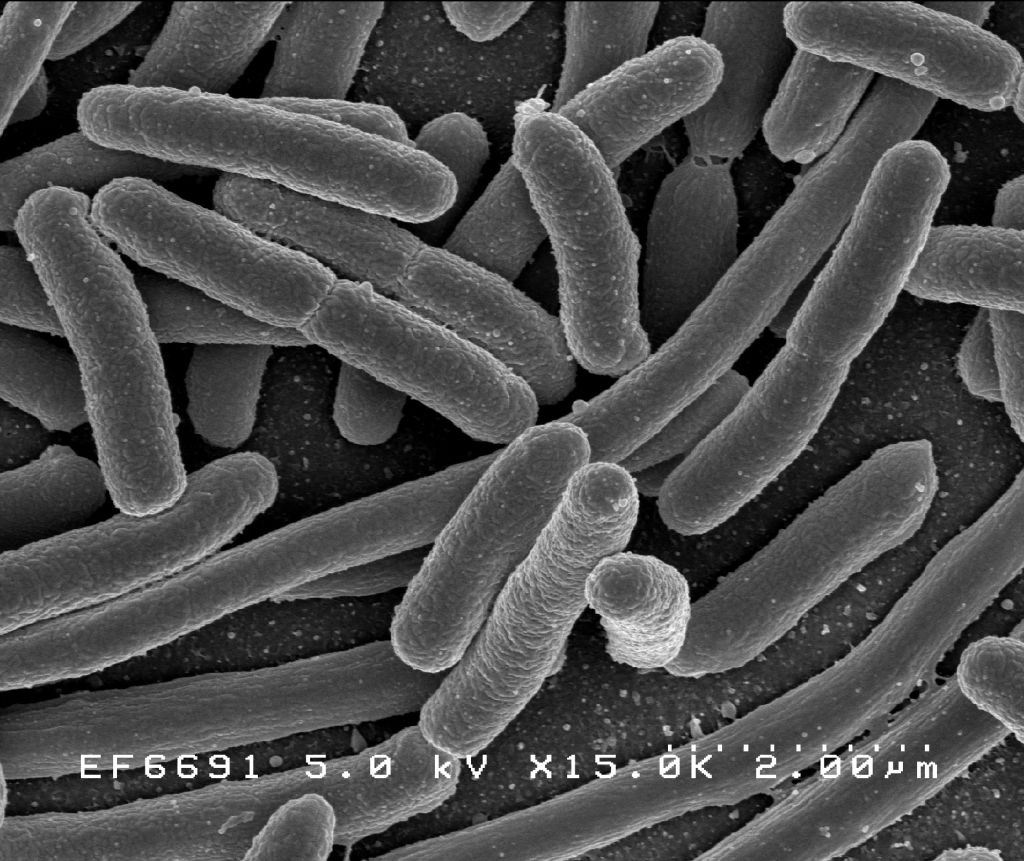

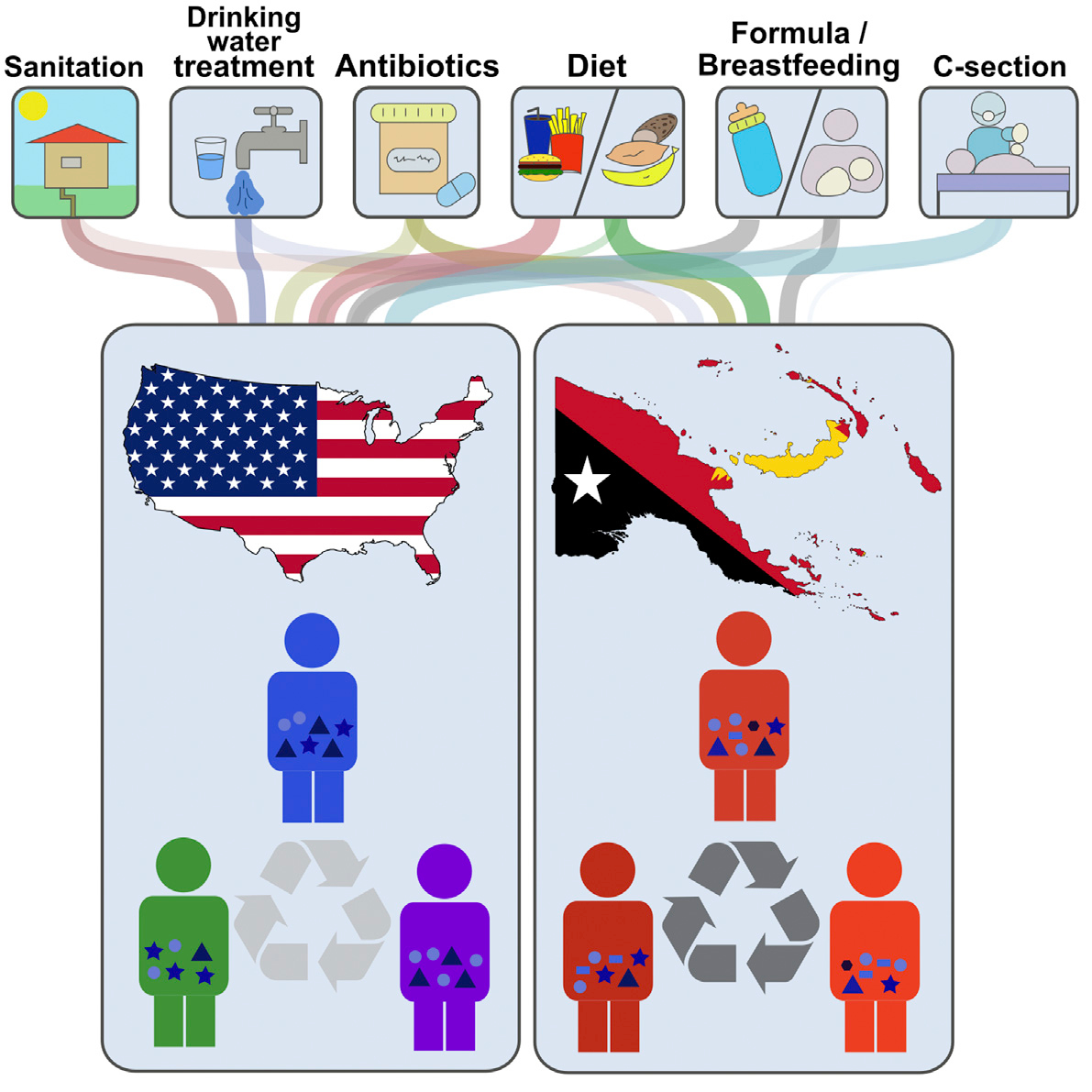
Disease-stopping hygiene practices may also slow the spread of helpful microbes.
Understanding cells’ sugar coating could drive the development of new drugs and therapies.
